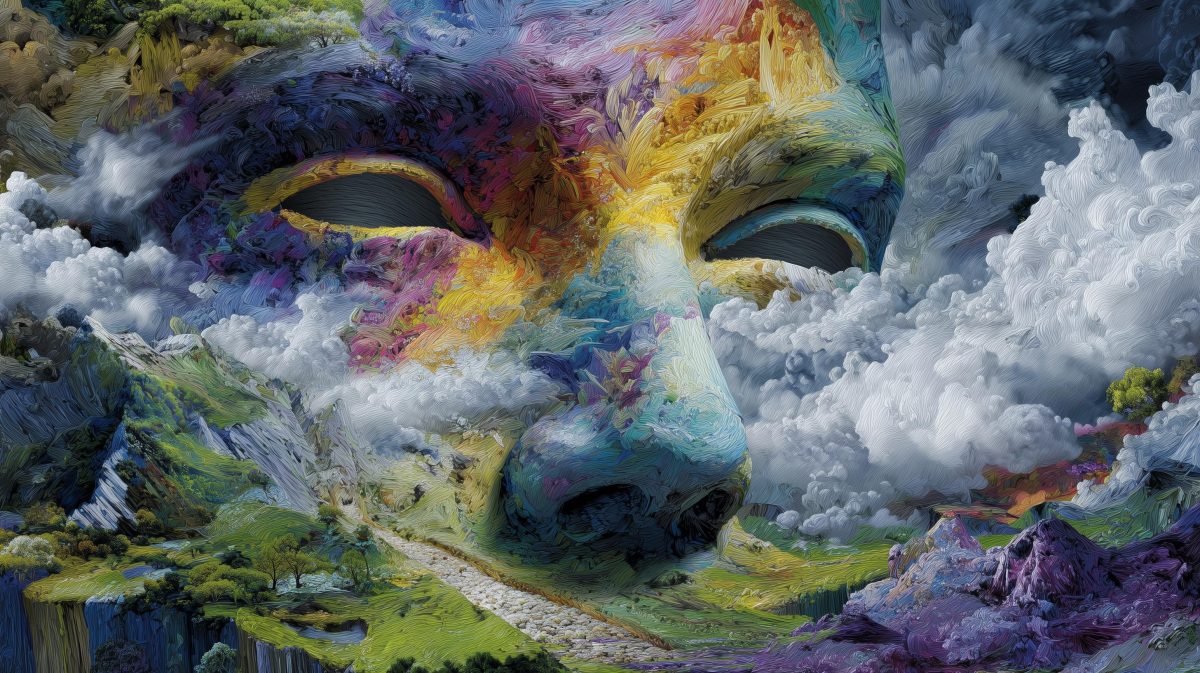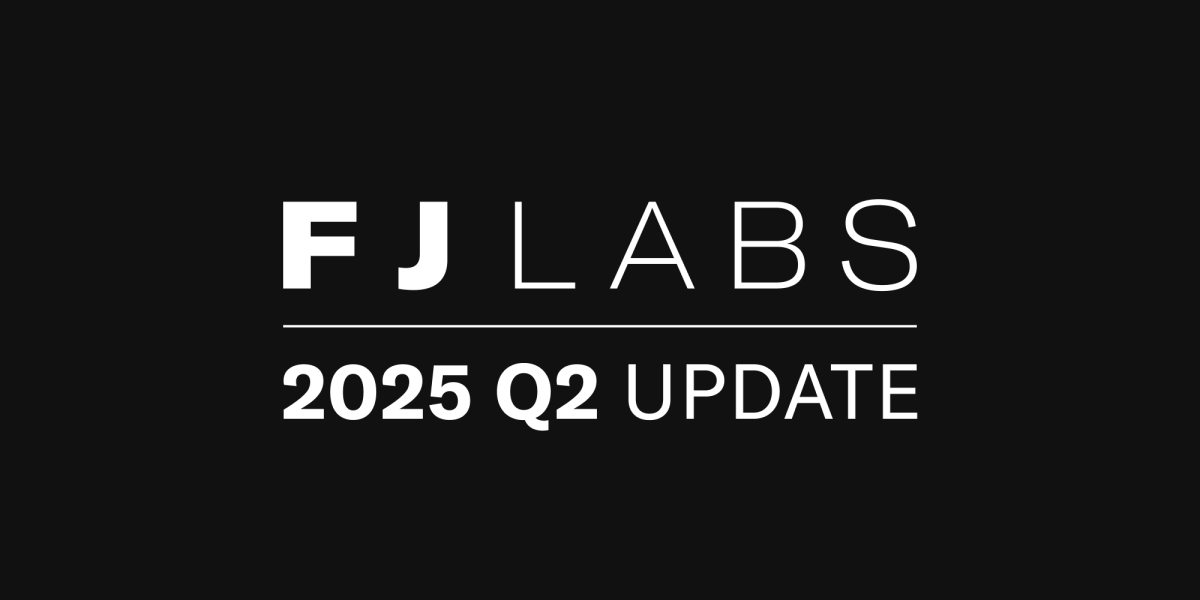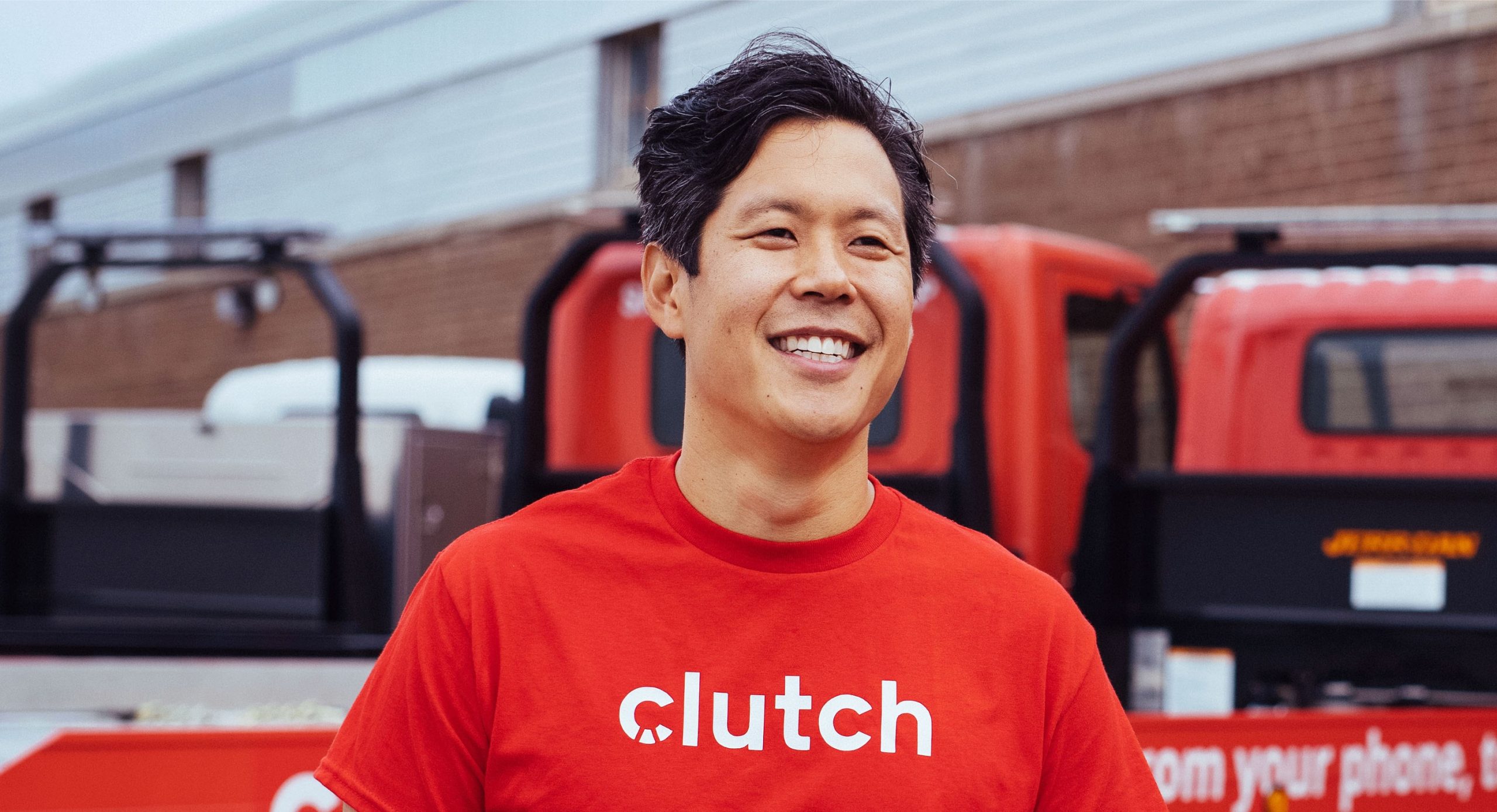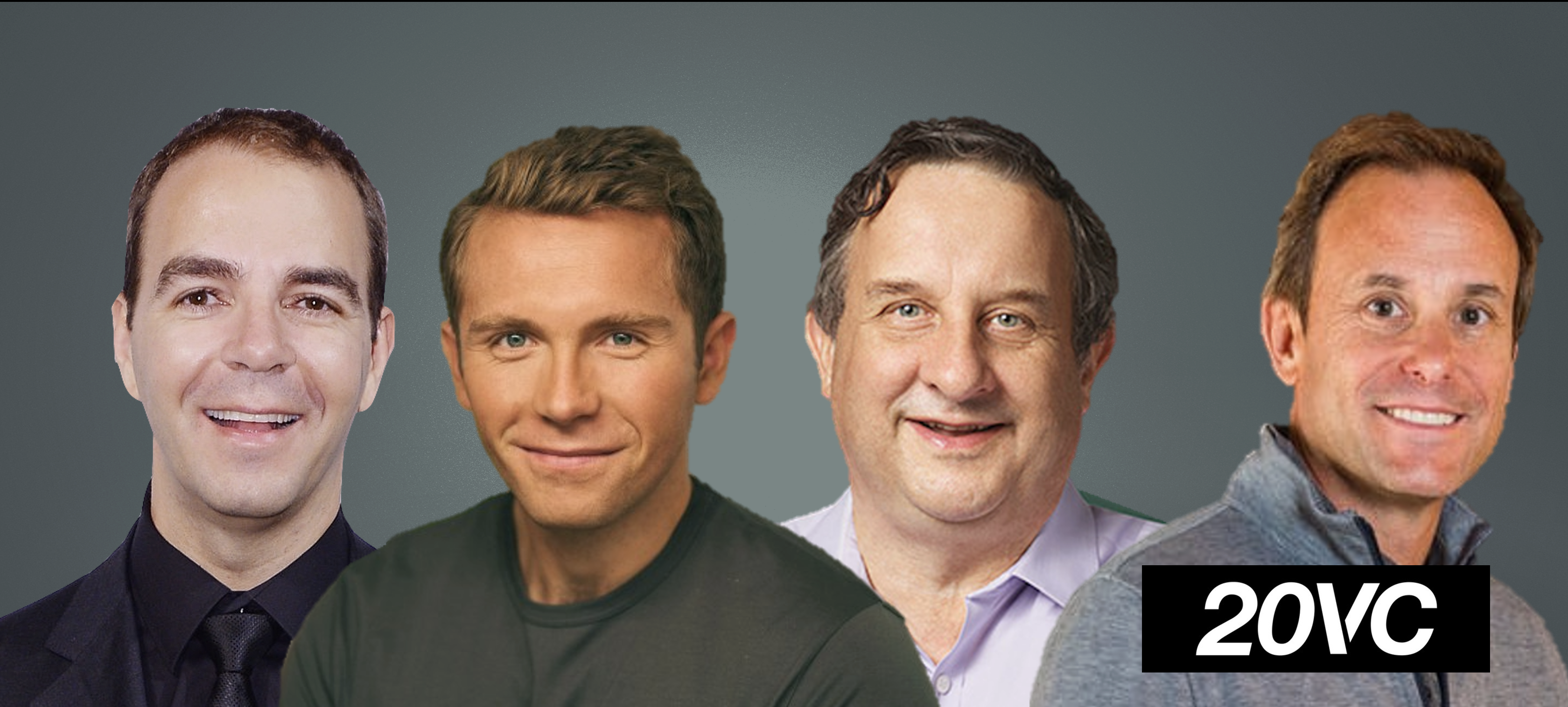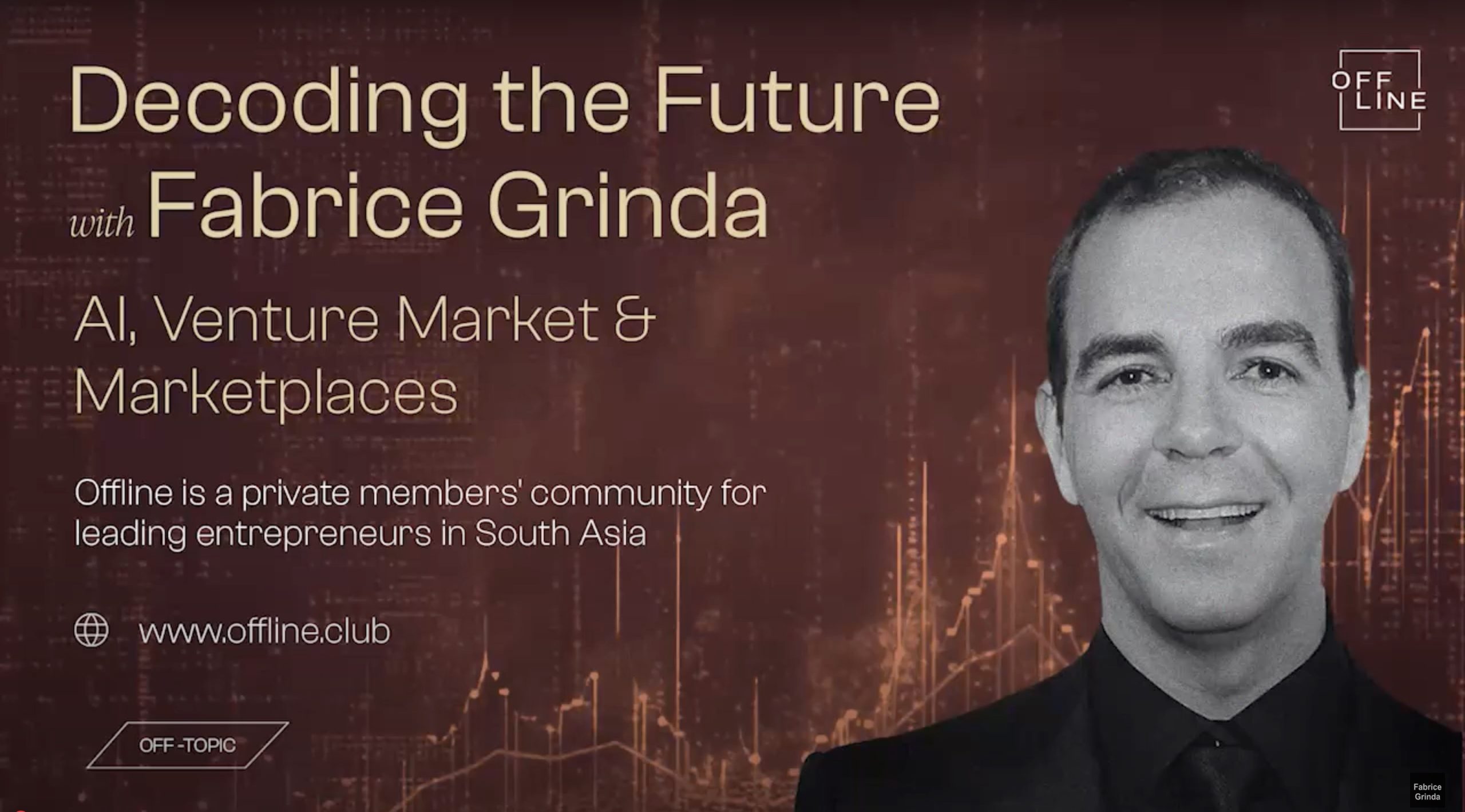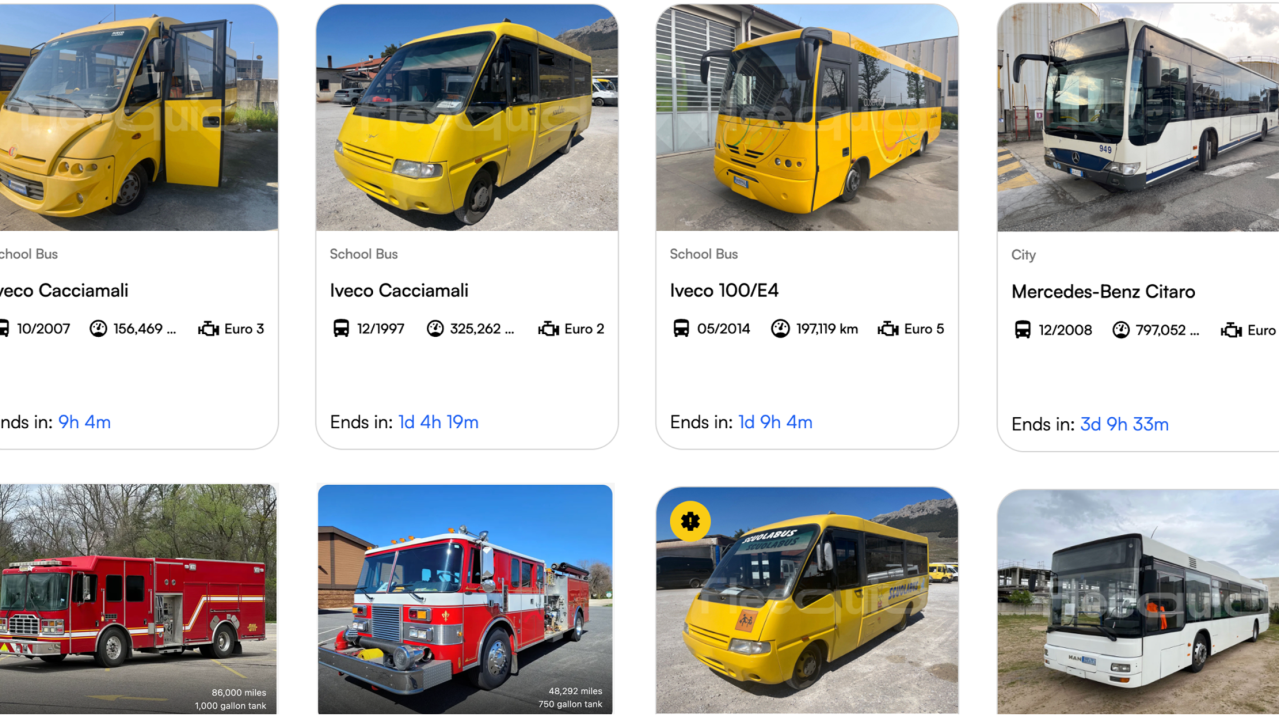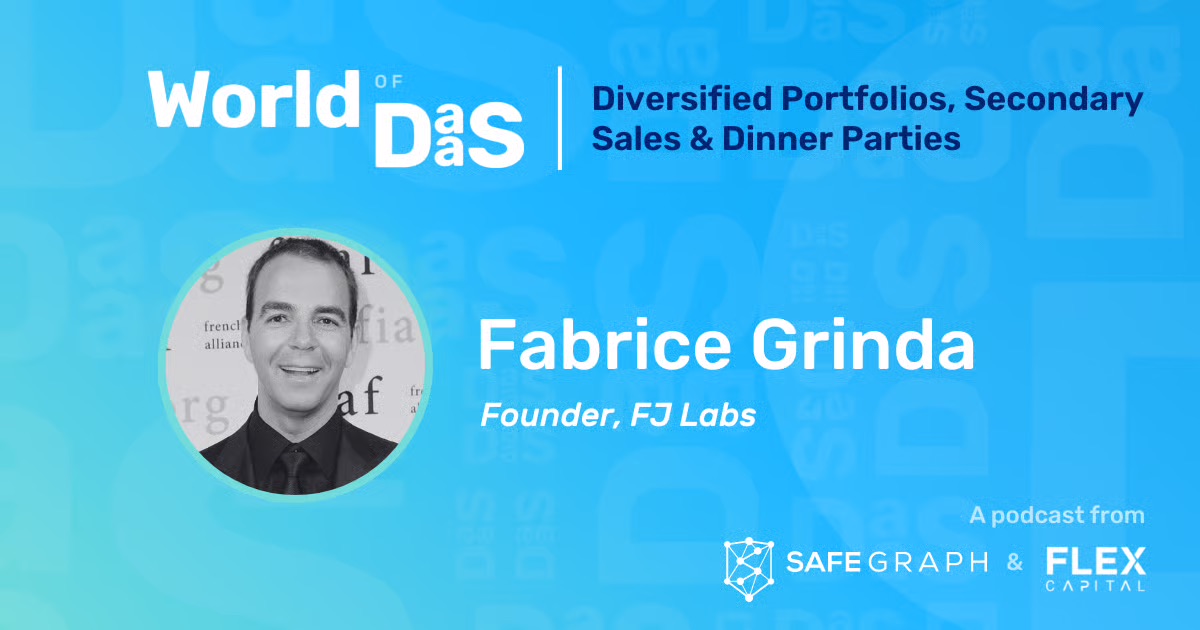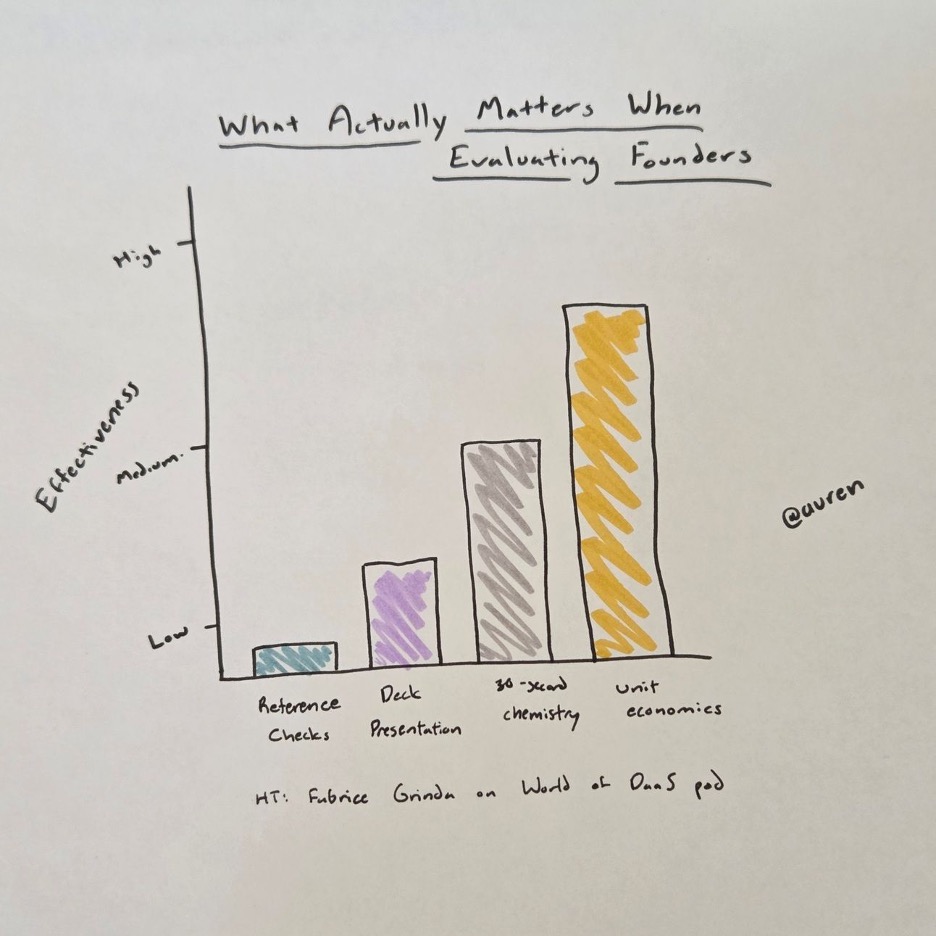I was not contemplating writing a post on the meaning of life, but repeated recent interactions and the depressing take of a few dystopian post-scarcity novels compelled me to articulate my thoughts.
Nihilism
I have been receiving messages like the following:
“I’ve been reading your blog for a while, and I love that you have original ideas instead of recycling mainstream, “normie” talk.
I wanted to ask: what keeps you motivated to do everything that you do? Do you believe in a universal meaning or purpose to life? How do you overcome nihilism and stay optimistic about the future of humanity?
Lastly, do you think the universe and the human species are destined to eventually perish, or is there a possibility of escape?”
Many of the smartest people I know suffer from extreme existential angst. They despair that any of their achievements won’t matter in 1,000 years. In 1-billion-years Alexander, Caesar, Napoleon, Da Vinci, Shakespeare, Mozart, and Jesus will all be forgotten given how different humanity will be, even in the unlikely scenario it still exists in a way we could even begin to recognize or comprehend. Ultimately, if the universe keeps expanding, as physicists currently expect it to, all will disappear with the eventual heat death of the universe. Why do anything if nothing you do ultimately matters?
Most post-scarcity novels where we all become immortal omnipotent Gods descend into nihilism. They argue that nothing means anything if you do not have to work for it and people lose all joie de vivre and reason to live.
Unexpected Spiritual Awakening
Until 10 years ago, I would have considered myself a rational agnostic. As a high IQ economist and mathematician, I valued reason above all else and was beyond skeptical of religion and spirituality. It all began on a fateful day in May 2015. At this point, I led a rich successful life full of love, gratitude, and optimism. This is my default state of being, which I realize is not common. I was very athletic. I did not drink or smoke and had never done any drugs.
A good friend of mine said that at least once in my life I should experience an intentional heart opening: a small, safe, comfortable, quiet and intimate setting where we ceremonially take pure MDMA as a heart opener.
I would normally never have said yes to something like this. My intellect and mindset are my comparative advantages in life. I would never want to put them at risk. Also, I grew up on the Nancy Reagan ads with the frying eggs saying: “This is your brain on drugs. Just say no to drugs.”
I am not sure what compelled me to say yes to something I would have never normally said yes to in my life. Perhaps it was the person asking. Perhaps it was that I was in a period of flux and transition and thinking about what to do next. For whatever reason, I said why not and went in with no expectation.
Something beautiful and magical happened. I was overcome with a feeling of infinite love. I oozed love. I felt love for myself, for my friends, for my family, for humanity at large. I felt to the core of my being that the fabric of the universe was unconditional love. The beauty was that the feeling persevered for weeks on end and that underlying feeling that the universe is made of love has not left me to this day, 10 years later.
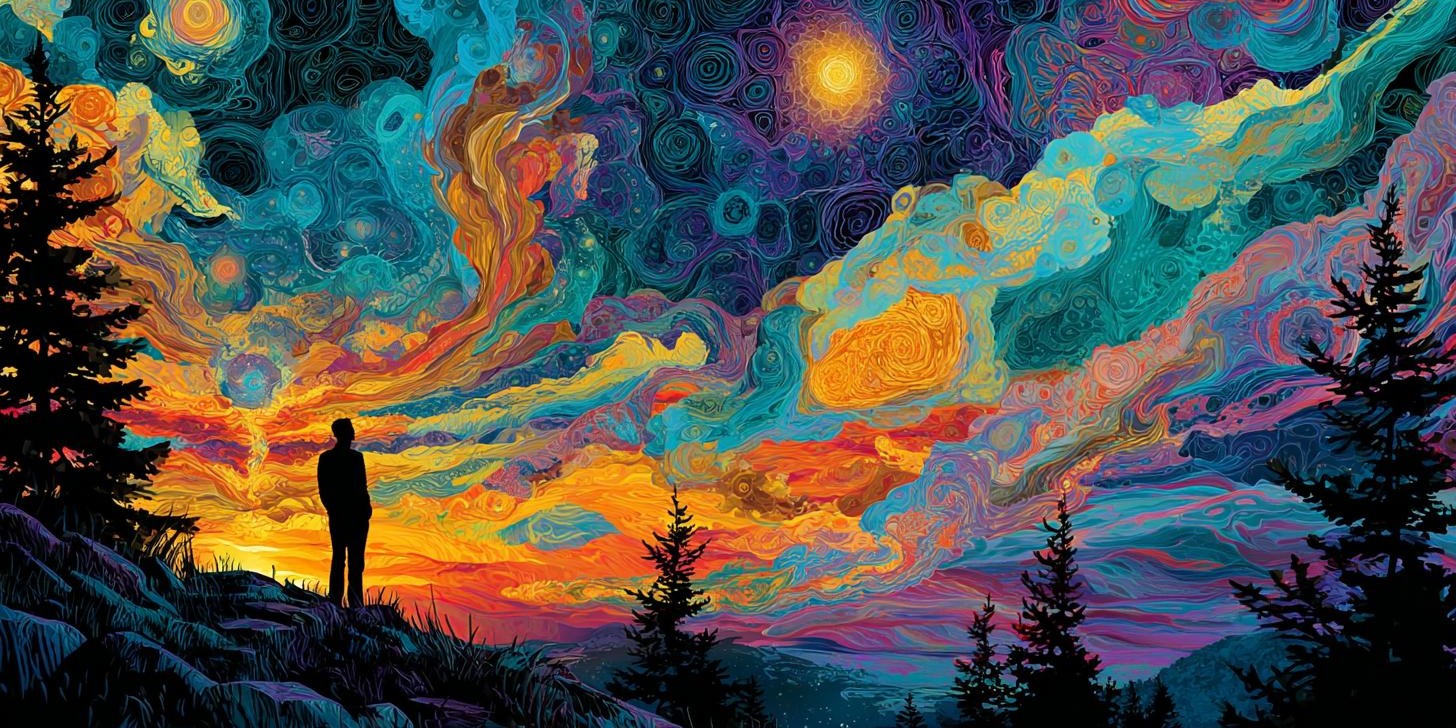
This experience indirectly led me to studying Tantra whose meditative practices made me feel spiritual. I went down a deep Tantra rabbit-hole studying various modalities, its history and ultimately creating my own version of it, which incorporates various Daoist techniques. Note that I use a variety of Tantric and Daoist techniques rather than adhere to the philosophical beliefs espoused by practitioners like Mantak Chia.
My personal health habits had already taught me that a lot of the generally accepted health and longevity dogmas were wrong: “one glass of red wine per day is good for you,” “breakfast is the most important meal of the day,” “fat is bad,” “salt is bad.” This is so far from the diet that works for me, that it made me question generally accepted wisdom. I am on a high protein, low carb, healthy fat diet with as little processed food as possible. I skip breakfast. I am intermittently fasting several times per week, but not full time such as not to adjust to it. I consume almost no alcohol (only for celebratory purposes a few times per year) and have a high salt intake given the 10+ hours per week I typically exercise.
The MDMA experience also made me question the generally accepted knowledge on drugs so I started doing primary research on various substances to understand if any could be interesting to try in my ongoing research in understanding the nature of reality. In so doing, I followed in the footsteps of Aldous Huxley. I read Doors of Perception. I also came across Michael Pollan’s 2015 New Yorker article The Trip Treatment which served as the basis for his book How to Change Your Mind. After much more research, I came to a much more nuanced perspective. I was shocked that many of the worst drugs, like alcohol, which is a literal poison, tobacco and sugar, are legal while some like psylocibin and LSD (also called acid) which are not addictive, not toxic, have no hangover, and can be useful both therapeutically and for feeling transcendence are not.
After looking at neurotoxicity, addictiveness, and other attributes I concluded to essentially never drink alcohol or consume tobacco, limit sugar, never take any opiates, cocaine and almost all other classes of drugs including weed and ketamine (though those two can be used therapeutically) but to try psylocibin and LSD and consider Ayahuasca.
Psylocibin can be effective for treating depression given the limitations of SSRIs. Those destroy your zest for life, lower your libido, and don’t work for everyone. In addition, you need to keep taking them. They don’t cure you. That said I did not approach this with the intent to heal trauma given how happy and full my life was and is. I approached this more with an open mind and curiosity to try to unravel the nature of reality.
At first, I experienced both in small, ceremonial, intimate context but with light doses – psychoactive, but not a hero dose with total ego death. Those experiences were magical. I felt an extraordinary sense of oneness with everyone around me and everything. Your senses are heightened. It feels that you can see the space between atoms and start seeing solid surfaces breath. You can seemingly see every star in the sky. You become engrossed in the present, stop taking everything so seriously, and start seeing joy and humor in every moment. Every time I laugh so incredibly hard and uncontrollably that my jaw hurts the next day.
Ego Death
My first deep journey happened accidentally. I was at Burning Man and made the rookie move of asking a friend to put a drop of acid under my tongue. The correct move is obviously to put it on your hand and to lick it, but I like the ceremony of giving it to each other. As the drop was reluctant to come out, she pressed insistently on the bottle and a large unknown quantity of drops fell under my tongue.
I love doing acid at Burning Man randomly biking around seeing where the night takes me. I am in awe at human creativity and all the effort that goes into creating spectacular and magical experiences for everyone. While I bike, I literally feel that I am in Ready Player One or Tron navigating through space and time in a world of wonder.
I would not, however, pick it as the setting for a deep meditative spiritual journey. It can be too hot or too cold, confusing, dusty and dirty. As I did not know how much acid I had taken, I assumed I would be ok but quickly realized that I was being taken on an inwards journey. I went to my friends’ camp at Robot Heart, lay down on a couch, closed my eyes and surrendered to the experience.
At first it felt like I was floating in space, until I finally became space. I observed the creation of the universe and space-time. I observed the creation of earth and saw evolution until the emergence of mankind. At times I was a third-party observer. It felt like every single piece of art ever made was played for me sequentially at high speed: plays, books, movies, tv shows, paintings, past present and future.
At times, I became the creator. I experienced total ego death. I lost total awareness of the individual Fabrice Grinda. It did not bother me. I was so fascinated by what I was observing. Over the course of the night, I felt that I was every human that ever lived. I remember vividly being a mother, a surfer and being countless people throughout time. At times, I was vaguely aware that this Fabrice character existed, and it would be fine to return to him, but if not, everything was totally fine as well. I was everything and everyone that was, ever was, and ever would be.
The night felt like it lasted eons. When I came back to this body and individual, my friends took me to see the sunrise in their art car. It felt like I could see the operating system of the universe in red in the sky. Likewise, I could see the sand melting into the ground giving me an inkling of where Dali’s inspiration might have come from.

I did not realize it at the time, but I had just experienced a non-dual awakening. I realized this when I came across Andy Weir’s short story The Egg many years later. You can find it beautifully animated in the inimitable style of Kurzgesagt below.
The Egg is a game God plays with itself. In The Egg, the man dies and meets “God” who tells him “You’re everyone who ever lived or ever will live.”
This means:
- Every villain you hated? You were them.
- Every lover you embraced? Also you.
- Every life, every emotion, every angle of the human experience? You’re playing all of them.
In The Egg, reincarnation is not just about returning, it’s about playing every possible version of the game, until the player remembers: it was all me.
The point is to experience, not to win. Life is a play, a dance, a performance. The point of life in the game is simply to live it, to feel it, to explore it from every angle.
My loss of ego was an awakening. It felt like there was no “me” vs “others.” I was not in the universe; I was the universe.
In The Egg, we are all God, but we’ve forgotten. We split ourselves into billions of perspectives. We are learning, growing, and waking up to eventually become aware of what we are. I experienced all of that.
Further Explorations
- Psylocibin Sound Journey
At the time, I had not yet come across The Egg or studied the philosophy of non-dualism. I just knew I had experienced something beautiful and magical and wanted to continue down this path of exploration. Note that I did not pursue any of this with any diligence but rather let it flow into my life. I did not go out looking for spiritual experiences but let them in when they came and as a result they were spaced on average of over a year.
I started hearing of beautiful deep psylocibin journeys organized by an amazing ethnomusicologist, sound therapist, and sound researcher. As more people around me kept raving about the experience, I asked for an introduction and set a date to embark on a journey. I made sure to sleep well, eat well, and consume no caffeine for the week before entering the ceremonial space. We spoke at length about the process and my intention for the journey which was simply to experience everything with an open mind and an open heart.
I ended up going very deep by taking 9 grams of psylocibin for a proper hero’s journey. I lay down on a yoga mat with a facemask over my eyes and let the journey begin. It was again beautiful and magical. It had elements of similarity with the deep LSD journey but was distinctive.
The experience was guided by music: gongs, bowls and a variety of instruments. What is interesting is that at some point I became the music. I no longer felt my body, I was literally the music. It’s hard to describe the sensation given how otherworldly it felt, but it was majestic. I was not only the note of music, but I was also the emotion that the note was meant to evoke. Each vibration made me feel the relevant emotion dialed up to a factor of 1000. I felt awe, joy, elation, fear, sadness and everything in between. It was extraordinary.
In more meditative moments, I experienced another moment of non-dualism. I intuited that outside of this time and space lived an immortal, omnipotent, and omniscient deity, perhaps one that won the game of life in its own universe. The issue with being such a deity is that it’s bored. Nothing surprises or is ever new. In effect, it is suffering from the horror of bored immortality the post-scarcity dystopian novels talk about. While it may have tried to kill itself and cannot succeed, it came up with an elegant solution. It created this universe, simulation, or matrix out of its own essence with a set of rules. It imbued it with its magic for life to exist but spread its essence out such that none of the participants realize their divinity. This is why we feel a sense of oneness with all things – we are actually one.
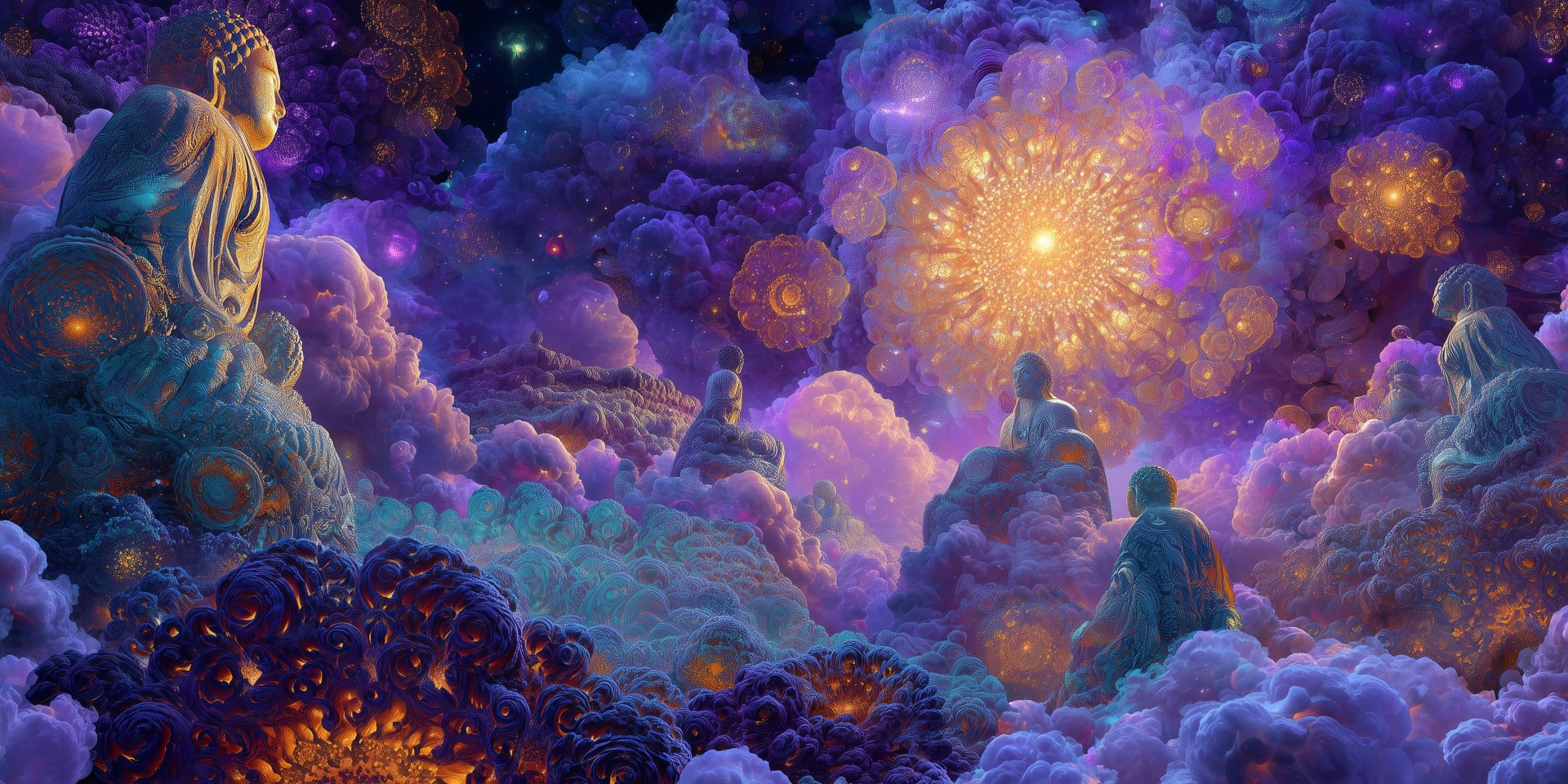
Like in the movie The Matrix some rules can be bent, and others can be broken because we are divine even though we have forgotten our divinity. This is why manifesting works. The number of eerie “coincidences” I experienced is mind boggling. At Burning Man, while tripping on acid once I would think of someone I had not seen forever and did not even know they were there and they would appear within minutes – which happened several times in a row. I would want something, and someone would offer it to me. I also had moments of actual telepathy. We would place our heads against each other and have full blown conversations in our thoughts. Likewise, we would observe images based on reality that were not there. To make sure we did not prime each other, we wrote down on a piece of paper what we were seeing. In every case, we were observing the same thing. For example, in one instance we saw Disney characters rapidly coming out of the flames of a firepit.
I loved the experience but did not feel compelled to research what I had experienced or for that matter to seek another similar experience. I just sat with it until the next opportunity flowed into my life by happenstance a year later.
- Ayahuasca
Many of my friends had started mentioning Ayahuasca and the role it had played in their life, and I was intrigued. Most of them went down the path in order to heal trauma and specifically sought out the experience. I felt beyond satisfied with where I was in my life so did not feel compelled to seek it out. Prior to the experience, you need to prepare for the 10 days prior by meditating, sleeping well, eating vegan, fully abstaining from sex, alcohol and caffeine. You need to come in “clean” to the experience. In addition, you need time to reflect on the journey and recover from it. With the busy life I led, the time never felt right, not to mention most of my friends did it in the jungles of Brazil or Peru.
In October of 2018, the proper set of circumstances happened. I was living in a huge ground floor Airbnb in Tribeca at the time. A friend of mine had asked if she could use it to host a yoga class. I acquiesced and briefly met her co-host. A few weeks later, on a random Wednesday night, said co-host saw me playing video games from the street and knocked on my door. I opened it, and we started chatting. She told me she was attending an Ayahuasca ceremony in 10 days and invited me to join.
It just so happened that I could do the preparation over the next 10 days and had time to recover after the journey so I saw it as a sign that I should do it. Beyond the aforementioned preparation, the other recommendation I got was to wear white. Once again, I went in with no expectations. The plan was to do a first journey overnight in a yoga studio in the deep jungle of Bushwick, immediately followed by a day journey in a Church in upstate New York.
There were 20 or 30 people in addition to the masters of ceremony who had been trained by the Yawanawa tribe. Ayahuasca is made of two different plants which one their own are not psychoactive, but when mixed in a brew are very potent. To prepare for the experience, we received Rape, a form of tobacco, which was blown into our nostrils. I was told the intent was to clear our minds, open energy channels, and set intentions, but I must admit I found the experience extremely unpleasant.
After that we imbued the first cup of Ayahuasca which was also rather unpleasant: thick, bitter, earthy, and oily. Over the course of the night and following day, I ended up drinking 4 cups. I also accepted drops of Sananga into my eyes. It’s a traditional eye medicine that is supposed to ground you and enhance your inner vision. I also found that extremely unpleasant and did not feel it added to my experience.
While the DMT started taking effect the masters of ceremony started singing songs. What’s interesting is that the entire approach uses hypnotic techniques ranging from the visuals in the background to the words of the songs being sung. My first intuition was to resist the messages, but ultimately, I decided that given how beautiful the messages were, they were worth accepting as they were variations on the theme of loving the life you had and the person you were. I suppose that what I was resistant to is that it made sense for me to accept the life I had, but many are not as privileged, and the messages seemed to deprive them of the opportunity to seek better lives by accepting their current life.
However, as the ceremony progressed, I think I understood the point they were making. In life, we will all face a variety of experiences. As John Milton put it: “The mind is its own place, and in itself can make a heaven of hell, a hell of heaven.” You do not control what happens to you, but you control how you react to it. That’s why we often come across people who seemingly have everything and yet are miserable, while some who seemingly have nothing are beyond content. Even the most mundane task can be made interesting by treating it as a form of art or play.
What is interesting to note about the Ayahuasca experience is that when messages are presented to you, you feel nauseous if you try to reject them and great if you accept them. Likewise, as you imagine various lives for yourself, you feel nauseous while going down the wrong path and feel great while going down the right one. I have no idea how it works, but I experienced it firsthand.
It seemed to me that the best use for Ayahuasca is to explore different paths available to you when facing fundamental decisions and to try to get to the meaning of your life. It’s interesting how contrasting my experience was to those around me. Everyone around me seemed to be getting the message that their life was not aligned with their purpose and were aggressively purging, weeping and generally having a miserable go of it.
I got very different messages: you are living your best life; you are living your life’s purpose. Everything is amazing! That’s not to say I did not get valuable insights from the trip. The first message was to be open to the signs the universe sends you. If you try hard at something and it’s not working, it’s a sign that it’s not for you. Note that this only applies if you really try. I came to the realization that this was happening to my Silicon Cabarete project in the Dominican Republic. Despite years of effort and millions invested, problems kept escalating: guests got mugged, visitors would get tropical diseases, everyone asked for bribes, there was an attempted rape, one of my guests got shot, one of my dogs got poisoned, until finally we got attacked by gunmen on the property. The message kept getting clearer: the time had come to leave. And so, in 2019 I moved to Turks & Caicos. Likewise, I moved on from a video game I was trying to build but was not progressing as smoothly as I had hoped.
The second message I got was from my grandmother who argued I should have kids. She told me that the reason I was reluctant to have kids was that my life was perfect and that I feared kids would decrease my quality of life. Kids seemed to have worsened the quality of life of my friends. I stopped seeing them as they got too busy. They stopped being the individual, or the couple and just became parents having substituted their life for the life of their kids. This did not seem compelling.
She made a multifold argument. First, she argued that the costs would be lower than I expected. I lead a non-traditional life and could be a non-traditional parent focusing on quality of interaction rather than quantity. I could have kids and keep living the life I lead. She argued I could take the kids on adventures with me everywhere. In other words, the kids would be a complement to my life, not a substitute for it.
Second, she argued that the benefits of having kids were greater than I imagined and that it would fill my life with even more joy and love. It was articulated as follows: you love teaching and have taught classes at Columbia, Harvard, Stanford, Princeton and others. You will love teaching your kids in which you will recognize yourself in and grow with. Moreover, you are a big child. You love remote-controlled cars and planes, paintball, video games and all manner of fun and games. Having children will allow you to let your inner child lose like never before.
The arguments were compelling and embarked on the journey to have kids following the ceremony. It took a few years to make it happen, but I can tell you one thing: my grandmother was right. I love being a father. I am taking the kids on all the adventures. I already took François, who is 4, heliskiing, kitesurfing, efoiling, paragliding, go-karting, and much more.

I even took his one-year-old sister Amélie, on a monster hike that required rappelling across a river, and we camped in a tent with wolves howling into the night.
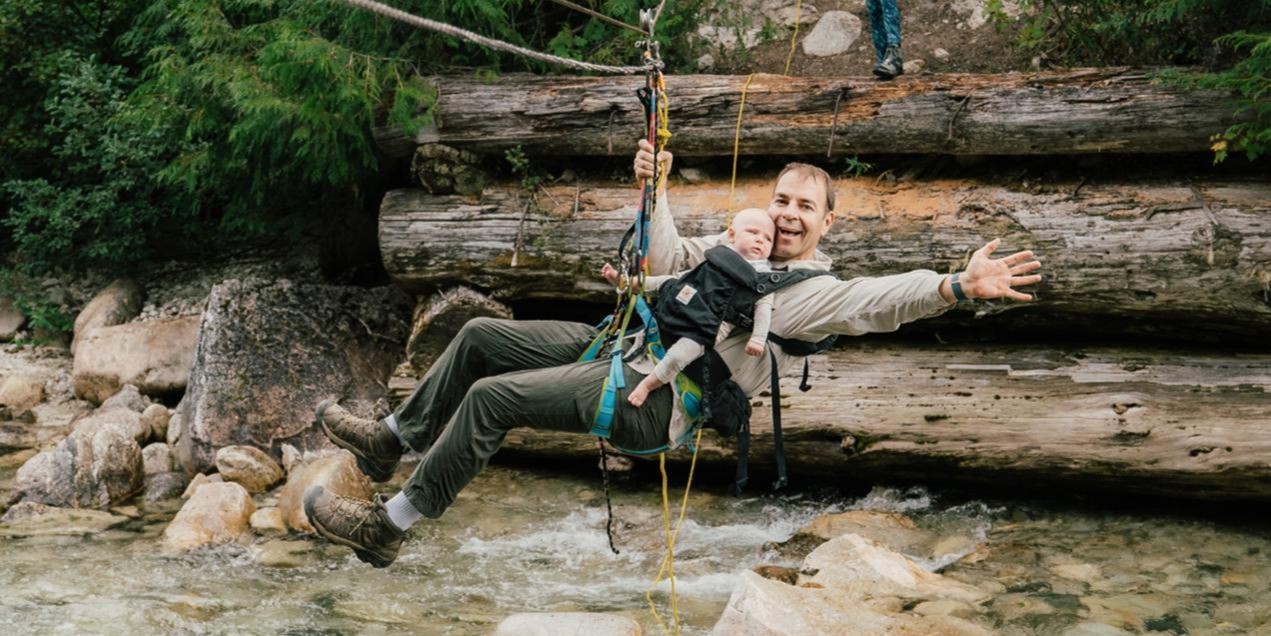
The third thing that came out of the Ayahuasca ceremony is that I got visited by two white German Shepherds. I was enamored by Jon Snow’s dire wolf, Ghost, but thought it was just CGI. I did not realize it was based on a real dog. The dog told me I was a shining beacon of light in a universe of darkness leading an epic life and that I needed an epic white dog by my side. Similarly, I embarked on a journey to find my epic white dog post ceremony and now have Angel who is 2.
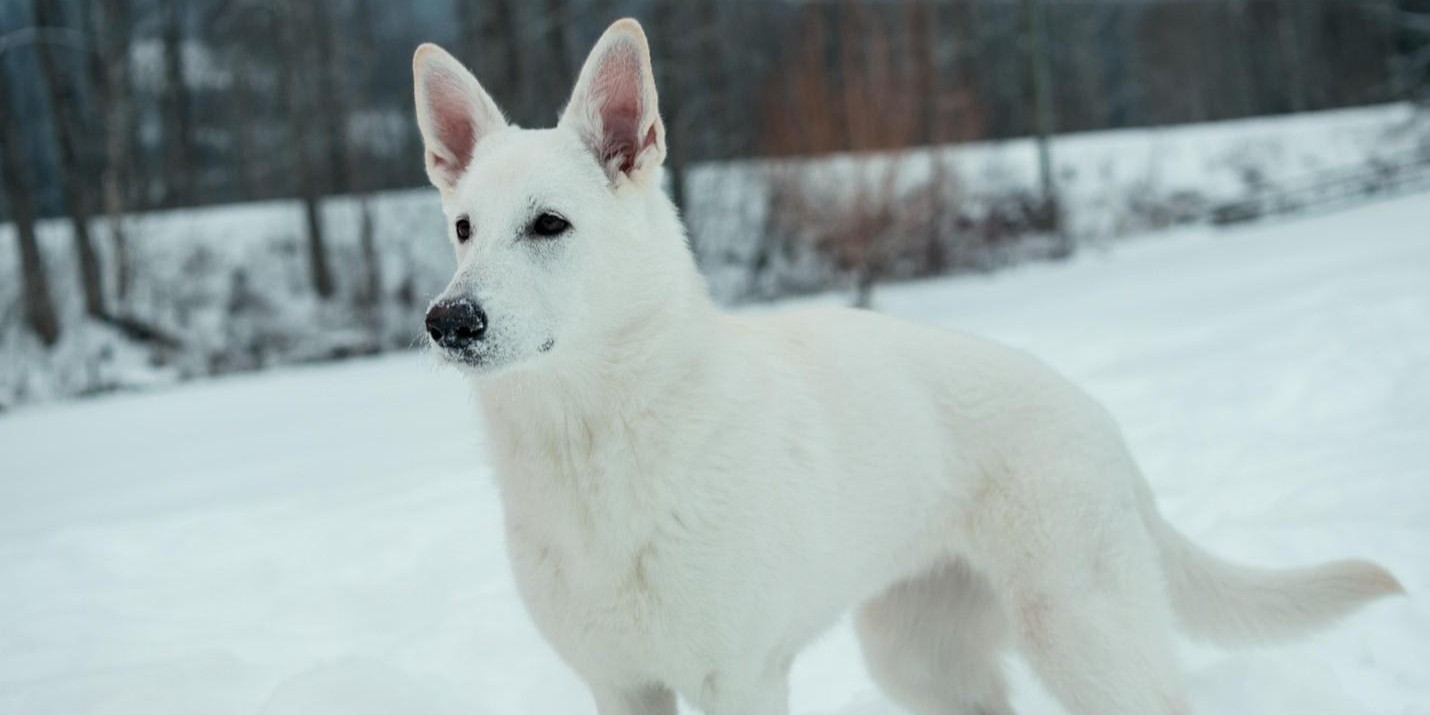
Over the course of the ceremony, I again became the music at times, which is something that also happened to me several times on lighter doses of LSD. I again had a non-dual experience. I experienced almost the same thing as on the mushroom journey, but it was more nuanced. Beyond the fact that we are all the universe experiencing itself, I came to understand why we are built differently, and why there is evil. Simply put there cannot be white without black, self without other, or good without evil. The reason there is black and white, yin and yang, masculine and feminine and that we are built with different predispositions is specifically to create contrasts and create more opportunity for experience.
To be clear, when I say that good implies evil, I mean for the possibility of something to be good, there needs to be the possibility of something to be evil. This is not an observation that some people are good, while others are evil. We all contain multitudes and have the potential for both good and evil depending on circumstances. Moreover, everyone thinks they are good. In their eyes Hitler, Stalin and Mao were good guys.
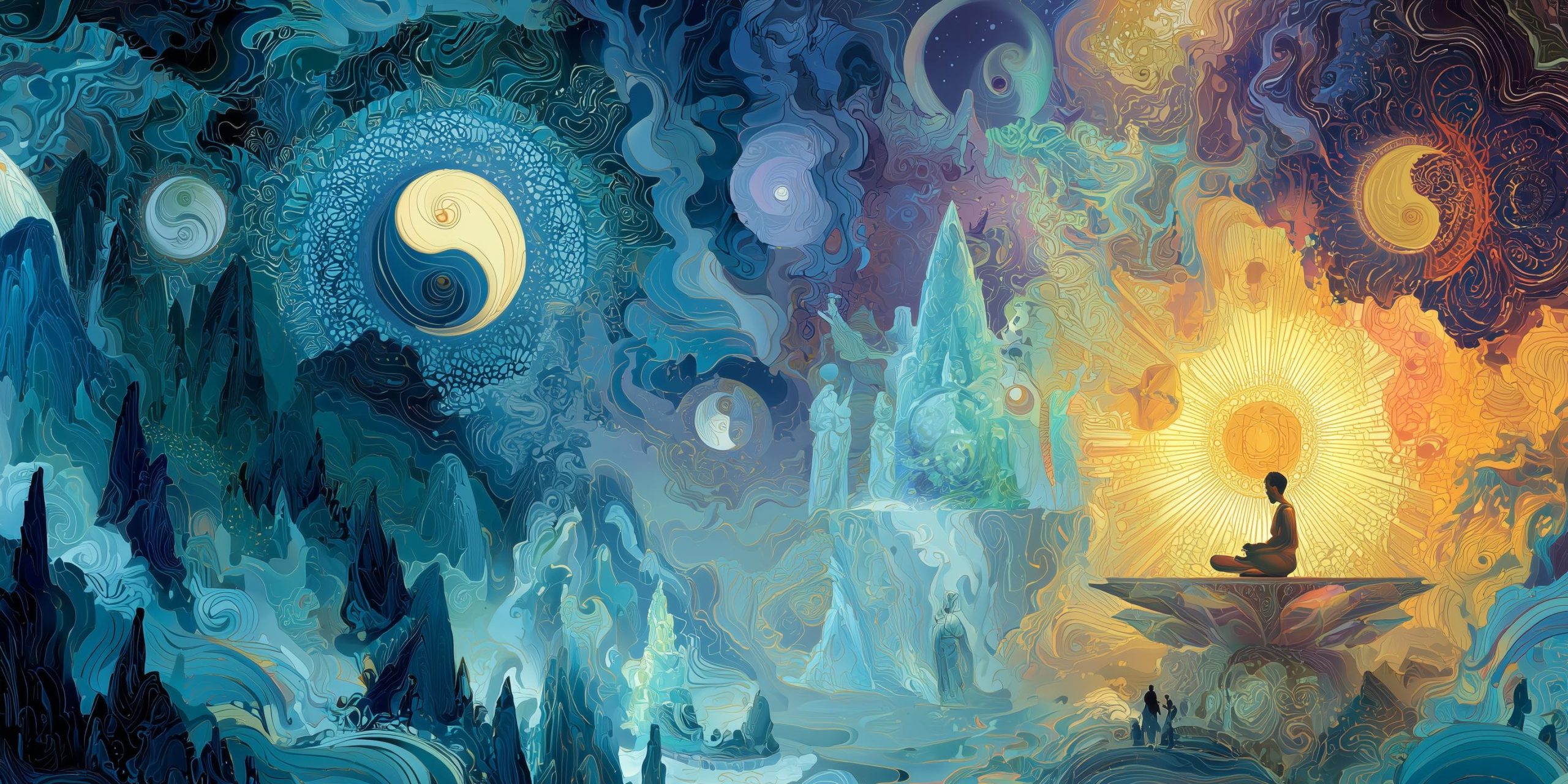
As Alan Watts very elegantly puts it in The Dream of Life, if every night you dreamt 75 years of time, the first few nights you would fulfill all your wishes and fantasies and have every kind of pleasure. After several nights of total pleasure, you would surprise yourself by letting something happen you did not control. Then you would get more and more adventurous in terms of what you would dream until finally you would dream where you are now. You would dream the dream of living the life that you are actually living today.
This is why the hero’s journey is the quintessential story. Each of our lives is a hero’s journey. We are born knowing nothing. We grow, we learn. At some point we feel we know everything and then really get our teeth kicked in. Then we finally realize that our purpose is to bring our special brand of self to those around us and to be of service to them by being ourselves.
That’s why at the end of the ceremony I felt the overwhelming message of gratitude to others: “Thank you for being you, because it allows me to be me!”
I came to realize the value of antagonists. The same way that in a movie or book, the hero is only as good as his nemesis, the greater the challenges we face in life, the more the opportunity for purpose and the more meaningful our hero’s journey. And while I am a being of light, there needs to be beings of darkness for my light to shine through.
I also realized that the reason we value so deeply the things we fight for in this universe and end up getting is that it’s the exact opposite of omnipotence. Flow takes infinite practice and effort. When we see it, we appreciate it. It’s also why people for whom success comes too easily, like lottery winners, often lose it all because they do not appreciate how hard it is to succeed.
- Other Modalities
What is interesting is that all these experiences felt like work. Someone described Ayahuasca as ten years of therapy in one night. While I have never been to therapy so cannot completely relate, it rang true to me. It’s perhaps why I have not done one of these deep journeys since.
In other words, I have only done these three deep journeys on LSD, psylocibin, and Ayahuasca respectively. I felt like I got what I needed out of them and have not been called to do it again. I am not against the idea of revisiting if I am every called to it, especially if I ever face a large life decision, but for now I feel complete.
That said I still love doing a recreational dose of 1 or 2 drops of acid twice a year, once in Burning Man, and once in nature to experience the true majesty of the universe we live in, feel intimately connected to those around me, and laugh more than I ever imagined possible.
It’s also interesting to note that these experiences along with my Tantra practice have opened me to the point that I am super energy sensitive. I can recreate many features of psychedelic experiences through meditation, breathwork, and attention. It’s as though I laid breadcrumbs during these journeys that gave me the path to access them whenever needed.
While I can get there now absent the medicine, I don’t think I would have been able to if I had not had full blown psychedelic experiences first.
A Word of Caution
Do not take the magical four experiences above as a message that drugs in general are good. Most drugs are terrible for you. They are addictive, toxic, you can easily overdose on them, and suffer horrible withdrawal symptoms. I would never touch cocaine, heroin, opioids (like fentanyl), meth, or crack for instance. I would also avoid weed having seen many people who smoke it regularly seemingly lose part of their motivation and intellect. I have also encountered enough people hooked on ketamine that I am skeptical of its professed non-addictive properties, not to mention I find it less compelling than psylocibin or LSD.
In fact, I would also recommend avoiding legal drugs like alcohol, tobacco, and sugar. Ever more evidence is coming out outlining that there is no safe quantity of alcohol that can be consumed. It’s a neurotoxic poison on top of not being a very compelling substance. I am also horrified by the number of people addicted to vaping. It’s less harmful than smoking cigarettes, but it’s still harmful for your lungs, heart, brain, and long-term health. Likewise, the excess sugar in modern diets burns out your metabolism, makes you gain fat, messes with your brain and gut, and increases your risk for nearly every chronic disease.
While I described the beautiful heart opening which I experienced on MDMA, it’s important to note it was in a beautiful ceremonial setting, with controlled dosage, and rigorously tested for purity. It’s not the same as getting random MDMA, often laced with fentanyl, from a dealer to go to a club, which I see people do on a regular basis. MDMA is neurotoxic and should not be done more than a few times per year spaced many months apart such as not to deplete your serotonin, dull the magic, or negatively impact your sleep and neurochemistry (and I am called to do it less frequently than that). You should also take a neuro protection supplements like the ones found in Roll Kit when taking it.
With LSD and psylocibin, my take is obviously positive but remains nuanced. They are not neurotoxic or physically toxic. They are not addictive and do not create physical dependence or withdrawal. In fact, tolerance builds so quickly with LSD and psilocybin that daily use is nearly impossible. Even better there is increasing evidence that they promote neurogenesis and neuroplasticity.
Despite these positives, not everyone should try them. They do not interact well with SSRIs / SNRIs (e.g., Zoloft, Prozac, Effexor, Lexapro), MAOIs (e.g., Nardil, Parnate, Ayahuasca ingredients), antipsychotics (e.g., Seroquel, Risperdal, Zyprexa), benzodiazepines (e.g., Xanax, Ativan, Valium), and stimulants (e.g., Adderall, Ritalin, Wellbutrin). Don’t try them if you are on any of these.
You should also not do these substances if you have schizophrenia (or a family history of it), bipolar disorder, or severe personality disorders. Moreover, even if you do not suffer from these disorders, you should steer clear if you are generally paranoid or anxious. Psilocybin and LSD amplify your underlying feelings, and you may be in for a very bad trip or panic attack.
I am happy I first tried these at the age of 40 when I was in a position to appreciate the messages I received and not be overwhelmed by them. I would definitely not recommend doing them as a teenager.
If you were called to try what I describe for the first time, I would do a guided ceremonial psylocibin sound journey, with a tiny bit of MDMA to make sure you don’t have a bad trip, organized by a trained practitioner. Ayahuasca is too intense, and LSD lasts too long for a first-time experience. After that first time, I would only do psylocibin or LSD in a ceremonial setting with set, setting, and intention, in a beautiful comfortable safe space, preferably in nature, with very few people you know well and trust.
Philosophy
I find it fascinating that I had these experiences prior to studying non-dualism. I first communed with the divine and had divine revelations. They did not require study and were purely experiential.
After this last experience, I felt compelled to research what I had experienced. As I had seemingly observed reincarnation and seen Hindu representations of life on Earth, I started by looking into Hinduism. Hinduism is diverse, with multiple philosophical schools and theological perspectives. The one that best illustrated what I experienced is Advaita Vedanta.
Advaita Vedanta – “We Are All Brahman”
This school, primarily taught by Adi Shankaracharya, holds that the ultimate reality, Brahman, is singular and formless. The individual self (Atman) is not separate from Brahman; rather, they are one and the same. The famous Upanishadic phrase “Tat Tvam Asi” (That Thou Art) expresses this—suggesting that each person is, at the core, divine. However, due to Maya (illusion), individuals perceive themselves as separate beings rather than as Brahman. Enlightenment (Moksha) is realizing this non-duality and overcoming the illusion of separateness.
With further research, I am across The Egg and realized that many other religious and mystical traditions teach non-dualism. Here are the main ones I came across. For the sake of brevity, I will summarize each philosophy below and you can refer to a summary of each in the appendix.
| Tradition | Key Non-Dual Insight |
|---|---|
| Advaita Vedanta | Atman (self) is not different from Brahman (ultimate reality); separation is illusion (Maya) |
| Zen Buddhism | No fixed self; dualities like subject/object are mental fabrications—everything is just thus |
| Dzogchen | Pure awareness (rigpa) and appearances are not two; all phenomena are spontaneous display |
| Kashmir Shaivism | Everything is a manifestation of Shiva (universal consciousness); the world is real and divine |
| Taoism | All things arise from the Tao; opposites are complementary flows within a seamless whole |
| Christian Mysticism | The soul and God are unified at the ground of being; divine union transcends subject/object |
| Sufism | There is nothing but God (tawhid); self is illusion—true love dissolves the veil of separation |
| Kabbalah | All comes from and returns to Ein Sof (the Infinite); distinctions are steps within the divine emanation |
| Neoplatonism | All reality emanates from the One; return is through contemplation of the source of all being |
In short, I found that non-dualism is everywhere. It’s preached by modern spiritual teachers like Eckhart Tolle, Rupert Spira, Adyashanti, and Mooji. It’s also in science: quantum theory, panpsychism, and integrated information theory explore consciousness in ways that rhyme with non-dual insight.
It’s worth noting that the belief is profoundly different from traditional beliefs of Christianity and Islam. In those traditions, God is a personal being, distinct from you. You are a soul He created, and your purpose is to love, obey, and be saved by Him. Heaven is a reward, not a realization of unity.
Alan Watts
Ultimately, the person who most closely summarizes what I experienced is Alan Watts. He was more of a philosophical blender, a brilliant synthesizer of spiritual traditions. He did not create an entirely new religion, but what he did do was weave together elements from Zen, Advaita Vedanta, Taoism, and Western mysticism into a uniquely Watts-ian lens that feels modern, accessible, and playful.
He doesn’t treat the world as something to renounce or transcend (as hardcore Advaita might suggest). Instead, he sees the dance of life as sacred and playful. “You are the universe experiencing itself, in a game of cosmic hide-and-seek.” That mythic playfulness is Zen and Taoism. For Alan Watts you are the universe playing itself.
The world is a game. Once you realize life is a game, the only real move is to play it fully, but with awareness, humor, and zero attachment. Do not get tricked into thinking it’s serious business. When you realize it’s all Lila (the Hindu idea of divine play), then you can fully participate in life, but with a wink, like the cosmic joke finally lands.
Where I think many monks get it wrong is that they decide to opt out, to “transcend” and disengage. Zen would call that clinging to emptiness. Watts would say they misunderstood the punchline. The moment you reject the game, you are back in illusion, thinking there is a better, purer state somewhere else.
Play the game. But do not be played by it.
Life as a Game
As a video gamer, the conclusion that this life is a game came readily to me. Prior to any of these experiences, I had already noticed that our lives seem to follow the same rules as role-playing games. We have different preset attributes set before birth. We can level up on a variety of attributes through experience. We have different difficulty settings based on where and when we are born. The only difference is that there is no specific objective. You are not supposed to win the game, get somewhere, or transcend it in the traditional religious sense. You are here to play it, enjoy it, and feel it.
Playing always came naturally to me. As a kid, I found tremendous joy in reading, learning, computers, playing tennis and padel, skiing, paintball, traveling, dogs, video games, and teaching others. My parents kept telling me I would grow out of it, but funnily enough here we are 40 years later, and I find joy in exactly the same things. I even play the same type of video games I played as a kid. In fact, having kids is a great excuse to remain a kid, and keep playing!
My taste for adventure travel is another form of play. I find it exciting to challenge myself to live off grid for a week or two every year whether it’s in rainforests, jungles, deserts, or polar regions like during my Antarctica adventure. I find it interesting to learn the skills to survive without any external support in different environments. It’s also a real privilege to be fully off-grid in this hyper connected world with no meetings, emails, WhatsApp or news. I love that feeling of disconnection and find these weeks to be akin to active Vipassana retreats where you are mostly alone with your thoughts.
During this week or two off-grid, I am typically active 8 hours a day going from camp site to camp site. I setup up my tent, filter water, forage for food, and prepare rehydrated meals. It reminds you that survival used to be a full-time job. Nothing feels better than the first hot shower you take after weeks without showering. You come to truly appreciate the genius of toilets. They must be one of the best human inventions! And that first meal with real food tastes so good. You come out of these experiences with so much gratitude both for the disconnected experience you just had and for the privilege we have of living in this comfortable safe world where we can worry about the meaning of life rather than pure survival.
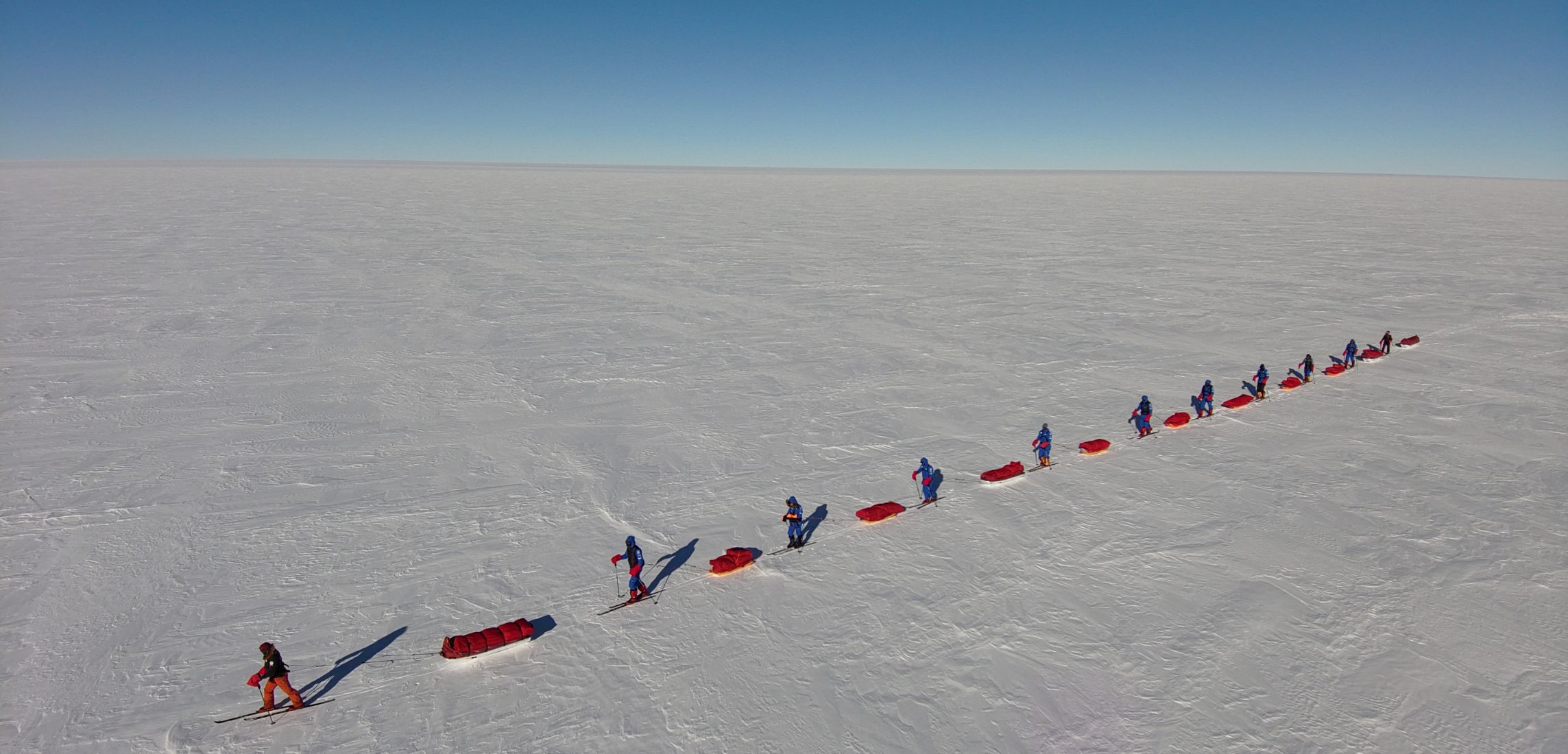
Now many will suggest that finding joy and meaning in the things you do is all well and good, but is that enough? Shouldn’t there be a more profound meaning to life? When you are playing in the present you are left with spontaneity, flow, compassion, and joy which leads to being kind, generous, and loving. Universally, people find meaning in being of service to others. Being of service takes many forms. Professionally, I use my personal interest and affinity for technology, to build and invest in startups to harness their deflationary power to tackle some of the challenges of the 21st century: climate change, inequality of opportunity and the mental and physical well-being crisis. I love teaching and sharing and feel beyond privileged to lead the life I do. This is why I have an open-door policy with friends and family. I like sharing both the fruits of my labor and life lessons with them. It’s also the reason I write this blog. It helps me structure my thoughts, I love writing, and hope elements of it can be helpful to others.
Note that being of service does not need to be at a large scale. If you are someone’s video game or tennis buddy or good friend, you are of service. There are no small acts of kindness. You may feel your life may be inconsequential but like in the fantastic movie It’s a Wonderful Life, if you were not there doing what you do, it’s very possible that all those people around you who do amazing things might not in a position to do those things.
Because I find great joy in being kind, generous and loving, I do not consider it to be any different than when I play tennis or video games. I lean into what I love doing in all its forms. The one thing in common that all my actions have is that they put an emphasis on the present. None of the people I help will be alive in a few hundred years, but that does not matter. I get meaning from experiencing, helping and being of service now.
Games are not played to win something later. If the purpose of a game were just to finish it, we’d play as fast as possible and end it immediately. But we don’t. We play for the thrill, the creativity, the improvisation, the experience:“The whole point of dancing is the dance.”
People think life is a journey to a goal (success, heaven, enlightenment), but this is a trap of linear thinking.If you live only for results, you miss the music.
Purpose
In a way this universe, simulation or matrix is a new experience generation engine for an otherwise bored immortal deity that found a way out of the Nihilist trap. There is nothing else to do, so might as well have fun playing the game. We are all different in order to have different experiences and our role is simply to play ourselves. Merely by being ourselves we are providing a service to the people around us. It’s very clear when you observe poetry in motion like when you watch Roger Federer play tennis or Lionel Messi play soccer. They are here to entertain us, and we reward them for that.
However, you do not need to reach those heights to be of service. Your skills, humor, and everything that makes you you is of service to those around you. While the actions of this specific incarnation of you is not going to be around in the future and nothing you do will be relevant in the future, it does not mean you do not have purpose. I also feel it strongly at Burning Man where it feels the effort people put into their bodies, costumes, art and offering is an offering and entertainment to everyone else.
Your purpose is to experience the present and to bring whatever brand of magic you have to those around you. It is sufficient to me that I am a being of light and love helping those around me in the present. It brings them joy and given what I have come to believe, I am really helping myself.
What I think people also often get wrong about this philosophy is that they assume it means you should not be ambitious. They are wrong. You still act. You can build things, pursue goals, create art, make money, but not because your worth depends on it. It becomes a form of play, not a desperate struggle to “prove” or “fix” yourself. It’s jazz, not chess.
Likewise, this philosophy does not imply that you should not fall in love, quite the contrary, there is nothing to do but to love. When you fall in love the boundary between “me” and “you” softens. You are not just with them, you are of them. “The meaning of love is not to cling to each other, but to allow each other to be who and what they are.” Love means freedom with connection. You choose each other, but not to complete yourself, only to dance, together, for as long as the dance feels true. “You are the universe experiencing itself in the form of two people pretending to be separate, only to discover that they’re not.” Sex, touch, and intimacy are sacred acts of surrender, not sinful or shameful, but expressions of the One reality delighting in itself.
Conclusion
It’s important to note that all of this comes from my personal experience, which is a singular experience, an n of 1. It may very well represent a limited view and not describe the way the system works as a whole. This post has mostly been about non-dualism because I had such a strong non-dual awakening. However, I suspect that dualism and non-dualism both exist at the same time. We just have trouble tying them together holistically. We may have 3 egos: mind ego, soul ego, spirit ego. We cannot really drop them, but we can harmonize them, which ultimately creates sense of individuality and oneness at the same time (duality and non-duality at the same time). Likewise, the instruments I used along the way fit my journey and may not be generalizable to all. I also feel that everyone’s game is different. The things that I am meant to experience and give me purpose are profoundly different from those of others. We have creative freewill in terms of what we choose to experience.
Also, I cannot prove anything I am writing about. What happened to me may very well have been an epiphenomenon of my brain. However, I experienced it so viscerally and repeatedly that I believe it to be true. This was all the more reinforced by my studying non-dual traditions, Alan Watts, and my experiences of life as a game. The more I embraced this belief of not taking life to seriously and being open, trusting and kind to those around, the more I have been rewarded. I truly believe I am living the best life that has ever been lived.
I realize that it’s easy to say these things from the position of privilege I now find myself in, but regardless of your circumstances it costs nothing to take life a little less seriously, a little more playfully, and to read into the signs the universe is sending you. You might just surprise yourself in terms of where you end up especially since I suspect that my real privilege is being open minded, being able to live life as a game, having min maxed my character stats pre-game by loading up on love, intelligence, and ambition which are rewarded in the current meta of my version of the game, and to have the ability to follow my intuition and purpose. This in turn leads to the other form of privilege I enjoy today.
In the end what I experience is that life is not a means to an end. Life is the end. That’s it. That’s the whole show. You don’t look at a tree and ask, “What’s it for?” Or listen to a song only to get to the end. You live it. You feel it. You dance with it. The meaning of life is the play of life, consciously experienced.
When you drop the idea of yourself as a separate, isolated ego, you dissolve into the flow of life. And there, you realize you are the universe. There’s nowhere to go. There’s nothing to become. You are it. So, the meaning of life, paradoxically, is to wake up to the fact that there’s no need for meaning. You are already living it.
All this to say the answer to the meaning of life is simple: The meaning of life is life itself!

APPENDIX
Zen Buddhism (Especially Soto Zen)
- Core idea: There is no separation between self and world, mind and body, nirvana and samsara.
- “No-self” ≠ nihilism — it points to the dropping away of the illusion of an independent ego.
- Famous Zen saying: “Mountains are mountains and rivers are rivers. Then mountains are not mountains and rivers are not rivers. Then mountains are again mountains and rivers are again rivers.”
⟶ Translation: You start off seeing separateness, then awaken to the formless unity, and finally return to form—but with awareness.
Dzogchen (Tibetan Buddhism)
- From the Nyingma school, it teaches rigpa: pure, non-conceptual awareness.
- Reality is spontaneously perfect and already complete—there’s no path to walk.
- Non-duality here means awareness and appearance are not-two.
“Everything that arises is the display of awareness.” — Dzogchen Masters
Kashmir Shaivism
- A non-dual tantric tradition from Northern India.
- Everything is a manifestation of Shiva (pure consciousness)—not separate from you.
- Unlike Advaita, it embraces the world, instead of calling it illusion (maya).
“The universe is the divine play (Lila) of consciousness.”
Taoism (Especially in the Tao Te Ching)
- Doesn’t use the term “non-duality,” but it’s everywhere.
- Tao is the source of all things, and everything arises from the same undivided flow.
- The goal is wu wei—effortless harmony with the flow of existence.
“When the great Tao is forgotten, morality and duty arise.”
(Meaning: when you’re in tune with the Tao, you don’t need rules.)
Christian Mysticism (Eckhart, the Cloud, etc.)
- Meister Eckhart: taught that the soul and God are not separate at the deepest level.
- Spoke of the “birth of God in the soul”—a direct, non-dual union beyond words.
“The eye with which I see God is the same eye with which God sees me.”
(That’s pure Advaita in a Christian tongue.)
Kabbalah (Jewish Mysticism)
- Ein Sof is the infinite, ungraspable unity beyond all forms.
- The Tree of Life is not just cosmology—it’s a map back to unity.
- The dualities of creation (male/female, mercy/judgment) resolve in Keter, the crown.
“There is no place where God is not.”
Sufism (Islamic Mysticism)
- Tawhid means “oneness of God”—but some Sufis (like Ibn Arabi or Rumi) took it all the way:
- God is not just one—God is the only.
- The world is God’s self-disclosure.
“I searched for God and found only myself. I searched for myself and found only God.” — Rumi
Neoplatonism
- Ancient Greek mysticism (Plotinus).
- The One is the source of all being, and everything flows from it.
- Return to the One through contemplation—not unlike Vedanta.
